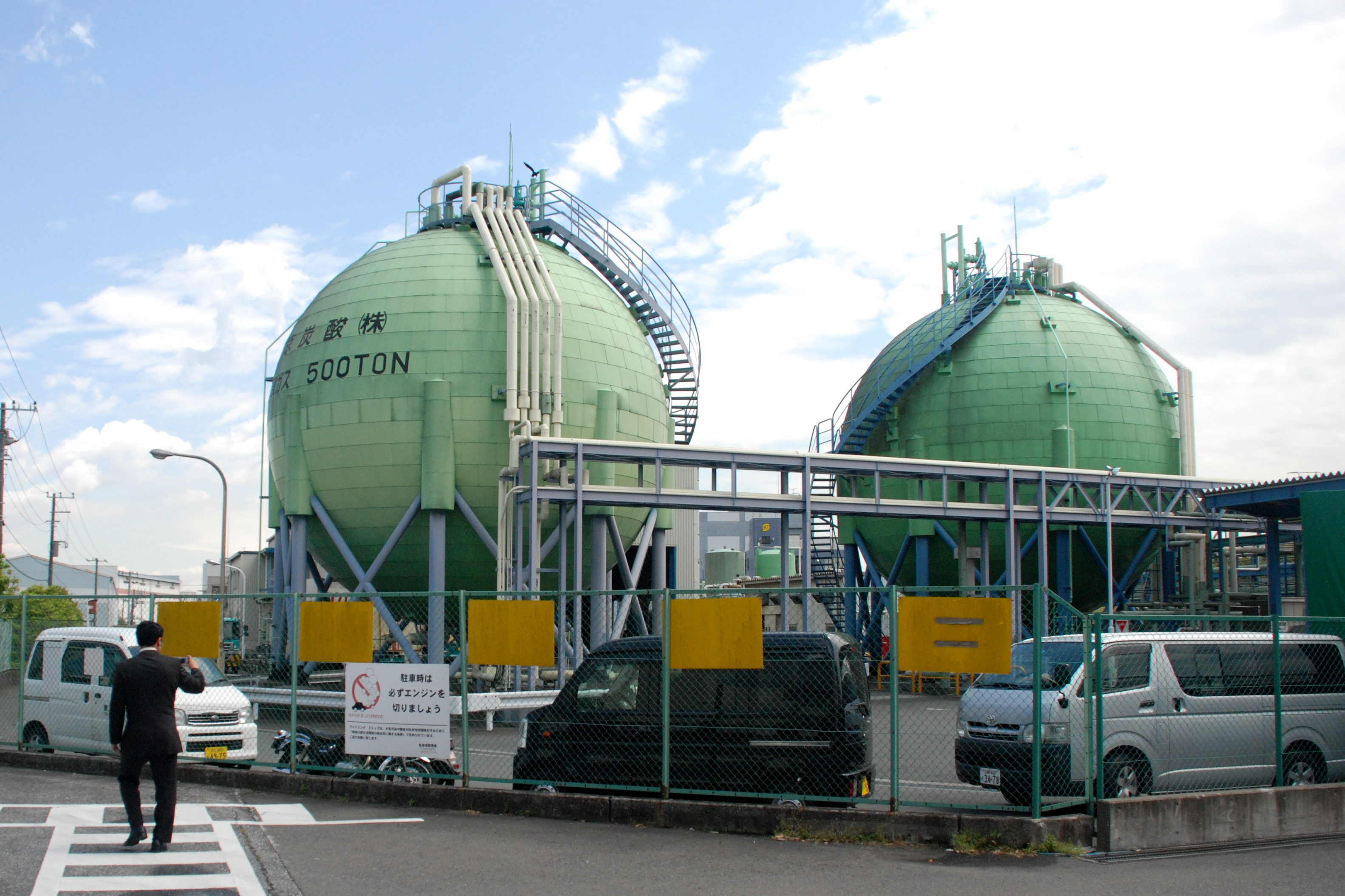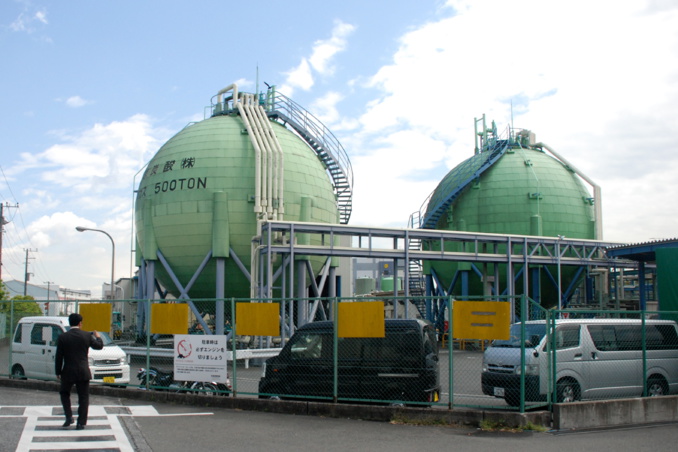Japan Bank for International Cooperation (JBIC) will be the investor of the large-scale project from Japan, U.S. Overseas Private Investment Corporation (OPIC) - from the USA, and Export Finance and Insurance Corporation - from Australia . The agreement, according to unnamed sources from the Nikkei Asia Review, was reached in November. In April, an agreement on the construction of the terminal was reached with the government of Papua New Guinea. The official announcement of the start of work on the project is expected to be made this week, but calculations and project preparation will take several more years. Most likely, building an additional power plant and laying communications will take some extra time.
The project will be the first real step of the three countries to create an effective counterweight to the Chinese Belt and Road Initiative, under which Beijing promised to allocate up to $ 1 trillion in the coming decades to modernize the infrastructure of developing countries.
According to the US and its allies, the true goal of the Chinese initiative is to credit the recipient countries to such an extent that the debt lever gave China the opportunity to influence their foreign and domestic policies.
The Trumps administration has particularly negative attitude towards the Belt and Road. Recall that the new version of the National Security Strategy, released in late 2017, declared opposition to the PRC one of its main tasks for the coming years.
In July 2018, then-Australian Foreign Minister Julie Bishop announced a “trilateral infrastructure partnership” of Washington, Tokyo and Canberra. At that time, however, there was no information about specific financial obligations under the partnership. The only one who named at least some figure was US Secretary of State Michael Pompeo, who promised $ 113 million on behalf of Washington. It is noteworthy that India refused to join the project. According to sources in the Indian newspaper The Economic Times, the country's Prime Minister Narendra Modi refused to participate in the US-Australian-Japanese infrastructure initiative in order not to spoil relations with Beijing and Moscow, the country's partners in BRICS.
Investments in the Guinean project will be based on "quality infrastructure investments" principles. This Japanese concept was first launched in May 2015, when China just announced start of work within the project’s framework. Officially, it is not designed against Beijing, but stresses that loans for infrastructure should be feasible for recipient countries, projects should not harm the environment, but should have a beneficial effect on local employment, the social world and promote equality between regions of the country.
source: asia.nikkei.com, indiatimes.com
The project will be the first real step of the three countries to create an effective counterweight to the Chinese Belt and Road Initiative, under which Beijing promised to allocate up to $ 1 trillion in the coming decades to modernize the infrastructure of developing countries.
According to the US and its allies, the true goal of the Chinese initiative is to credit the recipient countries to such an extent that the debt lever gave China the opportunity to influence their foreign and domestic policies.
The Trumps administration has particularly negative attitude towards the Belt and Road. Recall that the new version of the National Security Strategy, released in late 2017, declared opposition to the PRC one of its main tasks for the coming years.
In July 2018, then-Australian Foreign Minister Julie Bishop announced a “trilateral infrastructure partnership” of Washington, Tokyo and Canberra. At that time, however, there was no information about specific financial obligations under the partnership. The only one who named at least some figure was US Secretary of State Michael Pompeo, who promised $ 113 million on behalf of Washington. It is noteworthy that India refused to join the project. According to sources in the Indian newspaper The Economic Times, the country's Prime Minister Narendra Modi refused to participate in the US-Australian-Japanese infrastructure initiative in order not to spoil relations with Beijing and Moscow, the country's partners in BRICS.
Investments in the Guinean project will be based on "quality infrastructure investments" principles. This Japanese concept was first launched in May 2015, when China just announced start of work within the project’s framework. Officially, it is not designed against Beijing, but stresses that loans for infrastructure should be feasible for recipient countries, projects should not harm the environment, but should have a beneficial effect on local employment, the social world and promote equality between regions of the country.
source: asia.nikkei.com, indiatimes.com



















